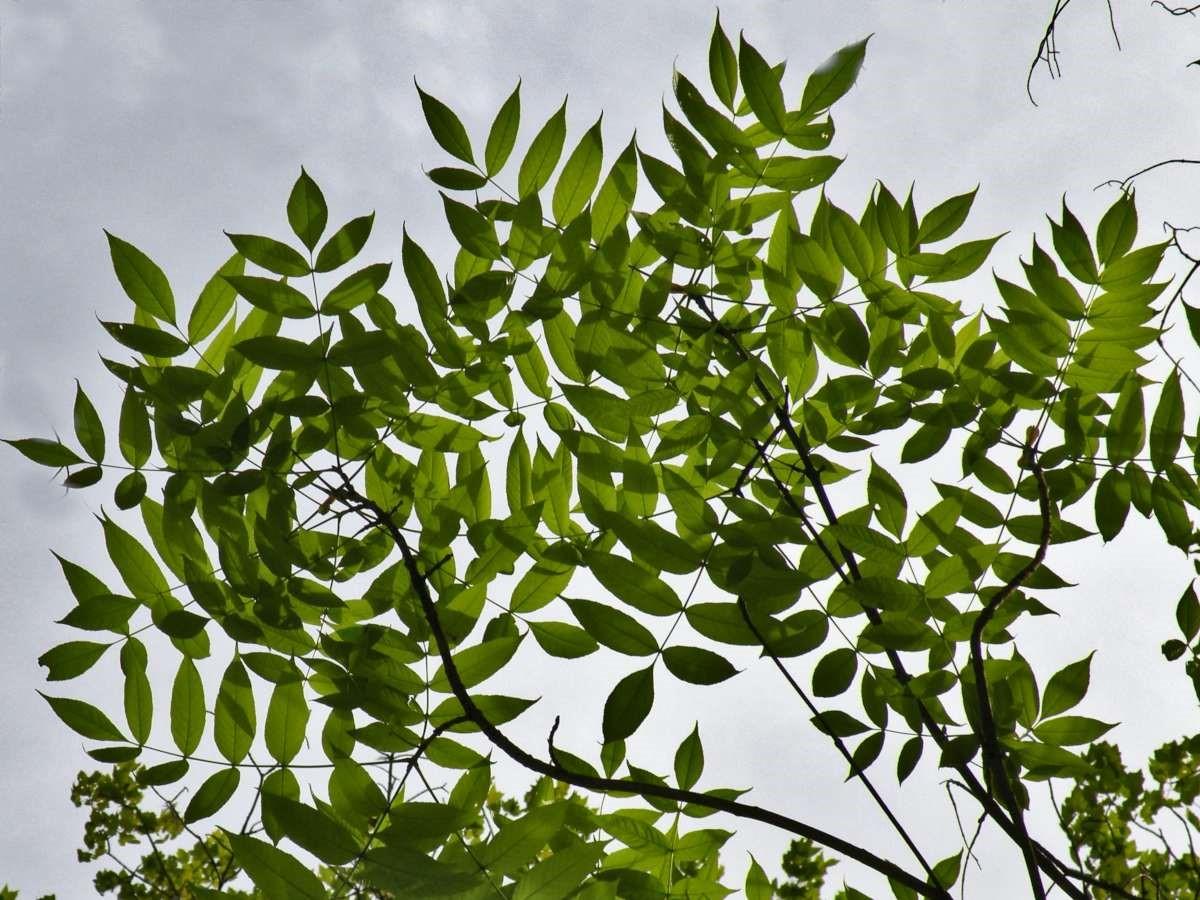Details of the four temporary road closure locations being announced are:
- Clevedon Road/Wraxall Hill, between Clevedon Road from Whitehouse Lane to Portbury Lane, are set to close from Monday 9 January for five days.
- A370 near Brockley Coombe, between Brockley Coombe crossroads and St Nicholas Way, is set to close from Monday 23 January for five days.
- Flax Bourton Road, between the Weston Road junction and before Woodland Way, off Flax Bourton Road, is set to close from Thursday 26 January for two days.
- Kewstoke Road in Kewstoke, Weston-super-Mare, is set to close towards the end of February (dates to be confirmed on social media nearer the time). Update 20 February 2023: Kewstoke Road is set to close from Monday 27 February to Friday 3 March, and again from Monday 6 February to Friday 10 March.
No traffic will be allowed to pass in either direction, between 9.30am and 3.30pm when work is being carried out for the safety of the workforce and the general public.
Due to the nature of the work and the machinery involved, the road closures will be in place for all motorised and non-motorised traffic, including cyclists, horse riders and pedestrians.
Marshalls will be present to allow access to residents and businesses only.
Diversion routes will be in place at all locations. The public is asked to follow diversion signage. Diversion information, including maps, is available at one.network/uk/northsomerset.
This essential operation is due to Ash Dieback, a fungal disease which is often fatal. A rapid decline in the health of these trees means that urgent action is needed to remove them for safety reasons.
Councillor Mike Solomon, North Somerset Council’s Executive Member for Neighbourhoods and Community Services, said: "Ash Dieback is now a national problem. Unfortunately, there is no way of stopping the disease and it's feared it may affect up to 90 per cent of ash trees in Britain.
"We carried out a survey of all our ash trees in North Somerset and, as a result, published an Ash Dieback action plan in July. This sets out how we are dealing with the issue in North Somerset, including replanting in areas where we have had to remove infected trees. Trees alongside these busy routes have been identified by our tree officers as unsafe and as they pose a danger to road users, their urgent removal is being prioritised. Safety is of paramount importance and is the driving force for these essential road closures.
"Due to the aggressive nature of the disease, we are unfortunately not able to restrict the removal of dangerous trees to outside the bird-nesting season as work needs to take place all year round to deal with the problem. I’m reassured however that an ecologist is engaged to make sure no harm is caused to wildlife, particularly birds.
"We don’t take the closure of main roads lightly as we realise the inconvenience and disruption that it inevitably causes. Every effort is being made to carry out the works on time and to coordinate other planned works at the same time where possible."
Further information about road closures across the area, including diversion routes and maps, is available at one.network/uk/northsomerset.
Please also like and follow the following accounts for updates on social media. Facebook: Nature and Climate North Somerset (@NatureandClimateNorthSomerset) and North Somerset Travel and Roads (@NStravelandroads). Twitter: North Somerset Travel and Roads (@NStravel_roads).
More information about Ash Dieback can be found on the council's website at www.n-somerset.gov.uk/ashdieback.
